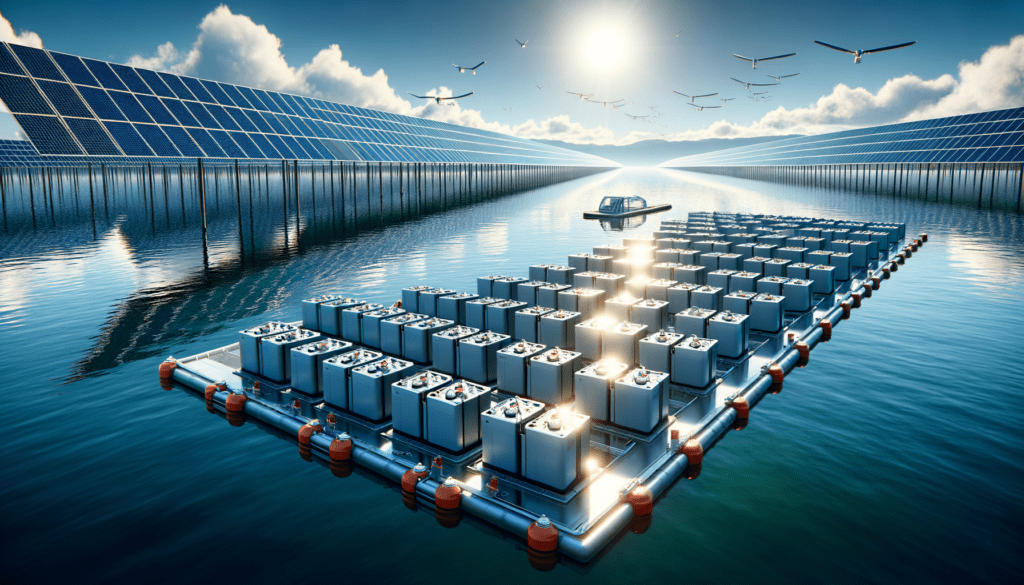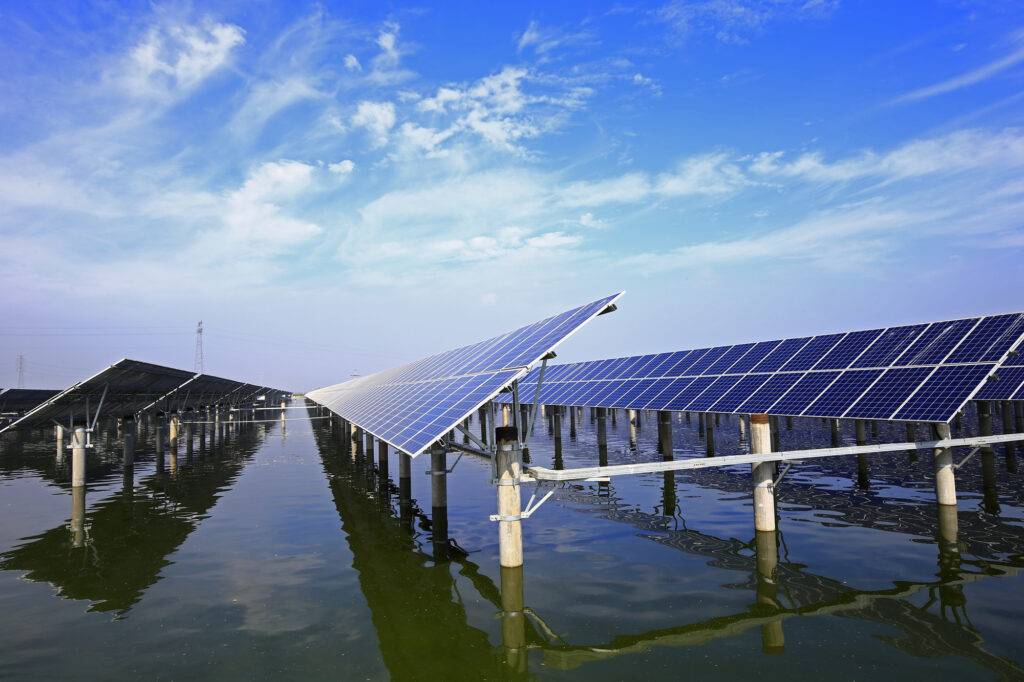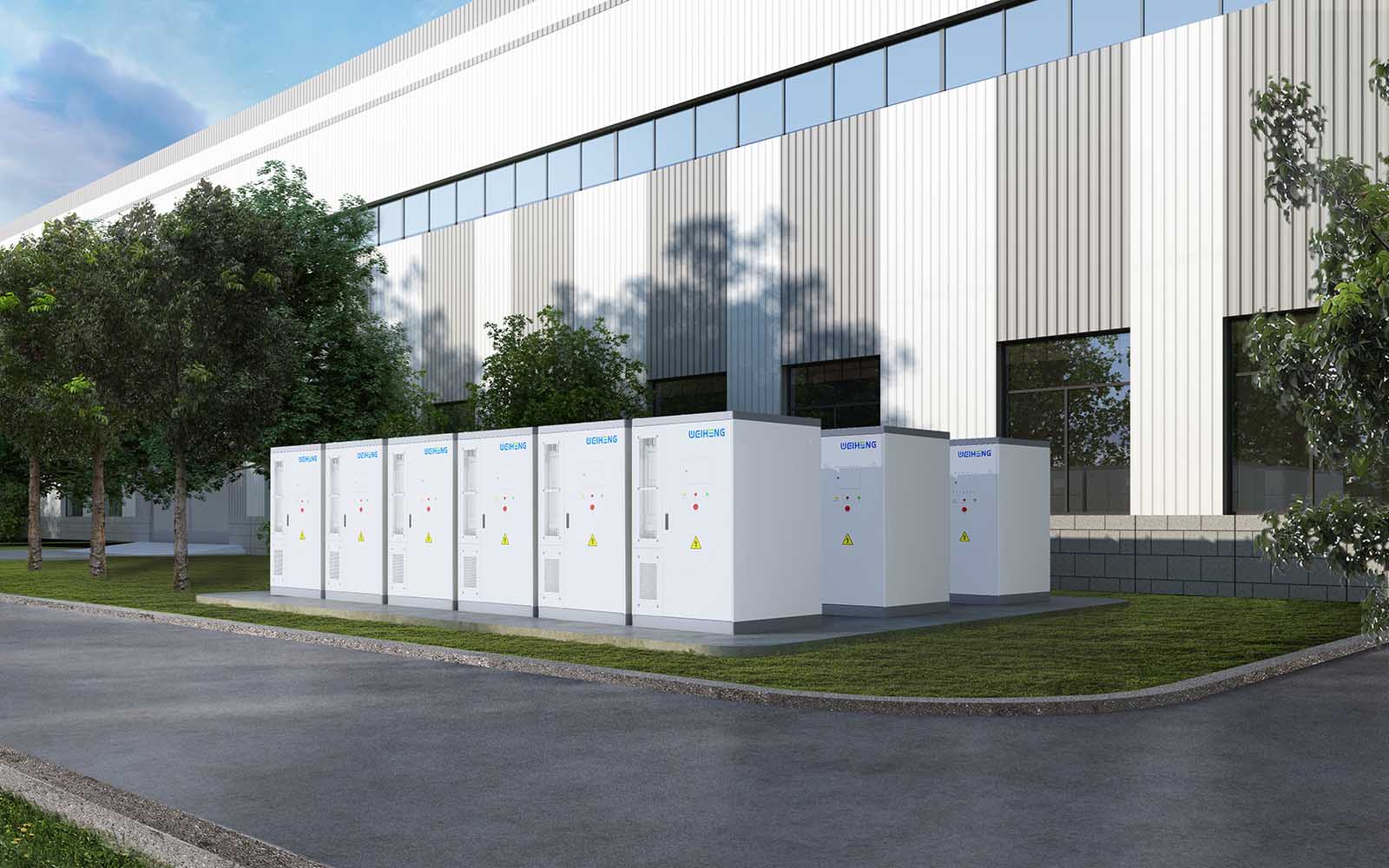
As the need for effective and sustainable energy solutions grows, floating battery storage is becoming a key breakthrough in the energy industry. Modern technology that enables battery systems to be placed on water surfaces is going to revolutionise the way we store and use renewable energy. The revolutionary advantages of floating BESS (Battery Energy Storage Systems) will be examined in this blog article, along with how they might change international energy policy.
What is Floating Battery Energy Storage?
Floating battery storage is the installation of battery energy systems on large bodies of water, such as lakes, reservoirs, and coastal regions. This idea expands the ground-breaking method of floating solar farms to include energy storage. Floating BESS are especially useful in areas where land is either too expensive or unavailable for conventional energy infrastructure. Space limitations are cleverly addressed by placing these systems on water, which also more effectively uses renewable energy.
These systems are built with platforms to bear the weight of battery storage units and with technology to keep them stable and intact on water. Considerations for floating battery storage design include buoyancy, water resistance, and maintenance accessibility. Floating BESS improves battery performance and lifespan by using the cooling qualities of water, in addition to helping to conserve land. It is clear from delving more into the possibilities of floating BESS and battery storage that they are a breakthrough in the control and storage of renewable energy.

Advantages of Floating BESS
There are many clear benefits to integrating floating battery storage devices. Using water bodies—often underutilised resources—floating battery storage first and foremost maximises available area. Large-scale energy storage is made possible by this method without requiring expensive land that would be better utilised for urban or agricultural expansion.
Secondly, and this is a major advantage in drought-prone areas, floating BESS systems lessen water evaporation from lakes and reservoirs. These floating units reduce direct sun exposure by covering parts of the water surface, helping to protect important water supplies.
Battery operation is also improved by the ambient cooling action of water. Because water is naturally cool, battery activity is kept at ideal temperatures, which reduces the chance of overheating and prolongs the life of the storage cells. More constant performance and maybe fewer maintenance costs result from this decrease in thermal stress.
Furthermore, there is a great deal of flexibility given by floating battery storage’s scalability. A future-proof option, floating BESS are simply enlarged or changed in response to changes in technology or energy needs. With these advantages, floating BESS represent not only workable but also creative options for long-term energy storage.
The Impact of Floating Battery Storage on Renewable Energy
The stability and dependability of these green power solutions might be greatly improved by combining floating battery storage devices with solar and wind energy sources. Because it stores extra electricity produced at times of peak production—midday for solar panels or high wind periods for turbines—floating BESS is essential. A continuous and dependable energy supply can then be provided by releasing this energy back into the grid during periods of low production or high demand.
Additionally, one of the main problems with renewable energy is intermittency in floating battery storage. Floating BESS guarantees that the variations in the production of renewable energy do not result in an unstable power supply by offering a reliable storage option. Because this capability more closely matches conventional power demand patterns, renewable energy installations become more efficient and promote wider adoption.
Moreover, floating battery storage devices can be positioned intentionally to optimise their effectiveness and influence. Putting them, for example, close to industrial or coastal cities can reduce transmission losses and offer localised energy support, which will improve grid resilience overall.
More than only improving energy efficiency, the deliberate use of floating battery storage represents a step closer to making renewable energy the main player in the world energy market. The growing maturity of floating BESS technology makes its contribution to a sustainable energy future more and more clear.
Global Implementations and Success Stories
Worldwide implementations of floating battery storage systems have shown their adaptability and efficiency in improving energy systems. For instance, Japan, where land scarcity is a major problem, has created floating battery storage systems to effectively use industrial water ponds and reservoirs. These systems provide backup power and help stabilise the grid during times of high demand.
Underway in the UK are creative initiatives to combine floating BESS with offshore wind farms and other renewable energy sources. These projects are meant to increase the stability of the power supply from these erratic energy sources, therefore increasing their dependability and viability as main energy sources.
Southeast Asian nations with a lot of island populations, including the Philippines and Indonesia, have started using floating battery storage to improve their energy systems. Reducing their dependence on costly and environmentally damaging diesel generators, these systems give rural areas the stability and power they sorely need.
Each of these instances demonstrates the flexibility and promise of floating battery storage to satisfy a range of energy demands. These success stories demonstrate the usefulness of floating BESS and encourage further invention and use around the world, paving the way for a more robust and environmentally friendly energy future.
Challenges and Future Prospects
Though floating BESS have many potential benefits, several obstacles must be overcome. Stability and endurance are mostly dependent on technical issues like the creation of strong and long-lasting anchoring mechanisms. Because of the aquatic environment, maintenance can also be more difficult and expensive and calls for certain tools and knowledge.
Environmental issues, particularly their impact on aquatic ecosystems, also play a significant role. To be sure that floating battery storage facilities don’t affect the surrounding fauna or water quality, extensive ecological studies must be carried out. It is imperative to properly control the long-term ecological consequences through creative design and ethical operation.
Prospects for floating battery energy storage seem promising going forward. System effectiveness, economy, and environmental sustainability should all increase as technology does. More robust and flexible floating BESS designs might result from technical and material innovations. Moreover, the market for creative solutions like floating battery storage is probably going to increase as interest in lowering carbon footprints worldwide increases.
Overcoming present obstacles and realising the full potential of floating battery storage depend on ongoing research and development in this area. In the long run, floating BESS might become a key technology in the search for a sustainable energy future.







